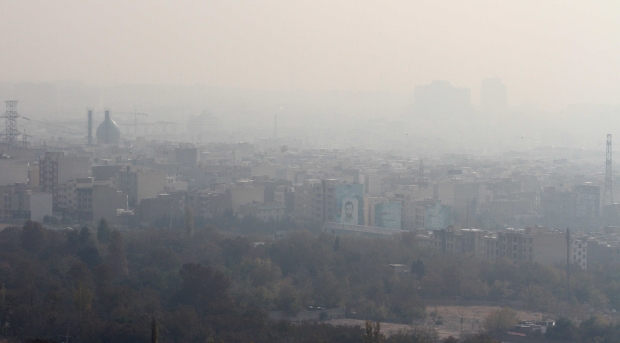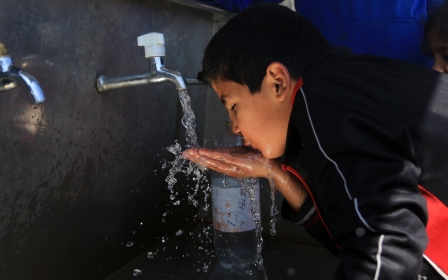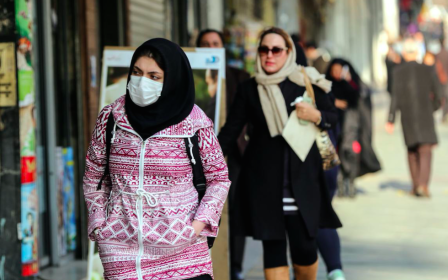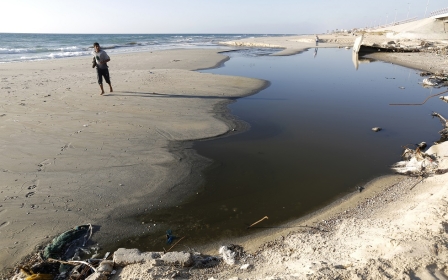Iran: Pollution shuts schools, shrouds Tehran in smog
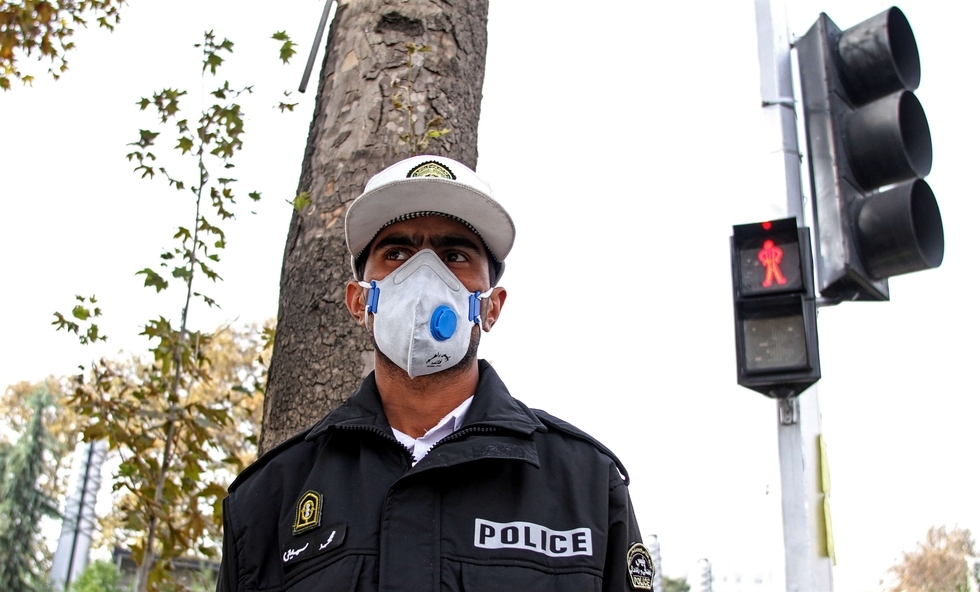
Schools shut, commuters wore masks and some care were banned in Tehran as pollution conitnued to plague the Iranian capital on Monday.
Residents stayed indoors as smog began to descend on the city of 14m people from Sunday onwards.
By Monday, the level of the deadliest PM2.5 particles was 156 – that’s more than three times the level considered safe by the World Health Organisation.
The education ministry said that kindergartens and primary schools would be shut in Tehran and most of the cities of the province.
The pollution is expected to continue until Wednesday, when experts hope that winds will move the stagnant air, state television reported.
Officials have stationed ambulances in the worst hit areas in case anyone falls ill, as well as imposed restrictions on cars in central areas. Sand and cement factories in the region were also shut.
How cars cause Tehran's smog nightmare
The smog is an annual event in Tehran, obscuring the mountains that lie to the city’s north, as cold weather traps exhaust fumes from the city's 10 million vehicles.
Many cars and motorbikes are old, exacerbating the problem: Iranian auto makers have failed to solve the issue, while international sanctions have kept the market shut to foreign car companies
Two permanent zones of traffic restrictions introduced in 1979 and 2005 have failed to rectify the sprawling city's poor air quality.
The health ministry estimates that pollution contributed to the premature deaths of 4,500 people in Tehran in 2012 and about 80,000 across the country.
On Sunday Tehran mayor Mohammad Bagher Ghalibaf took the subway to work to encourage people to leave the car at home, and called for more government funding for the network.
But the issue of pollution is mired in a political row between Iran’s reformists and conservatives.
Hardliners say that reformist vice-president Massoumeh Ebtekar, who leads the environmental protection organisation, has not done enough to address the issue.
New MEE newsletter: Jerusalem Dispatch
Sign up to get the latest insights and analysis on Israel-Palestine, alongside Turkey Unpacked and other MEE newsletters
Middle East Eye delivers independent and unrivalled coverage and analysis of the Middle East, North Africa and beyond. To learn more about republishing this content and the associated fees, please fill out this form. More about MEE can be found here.


